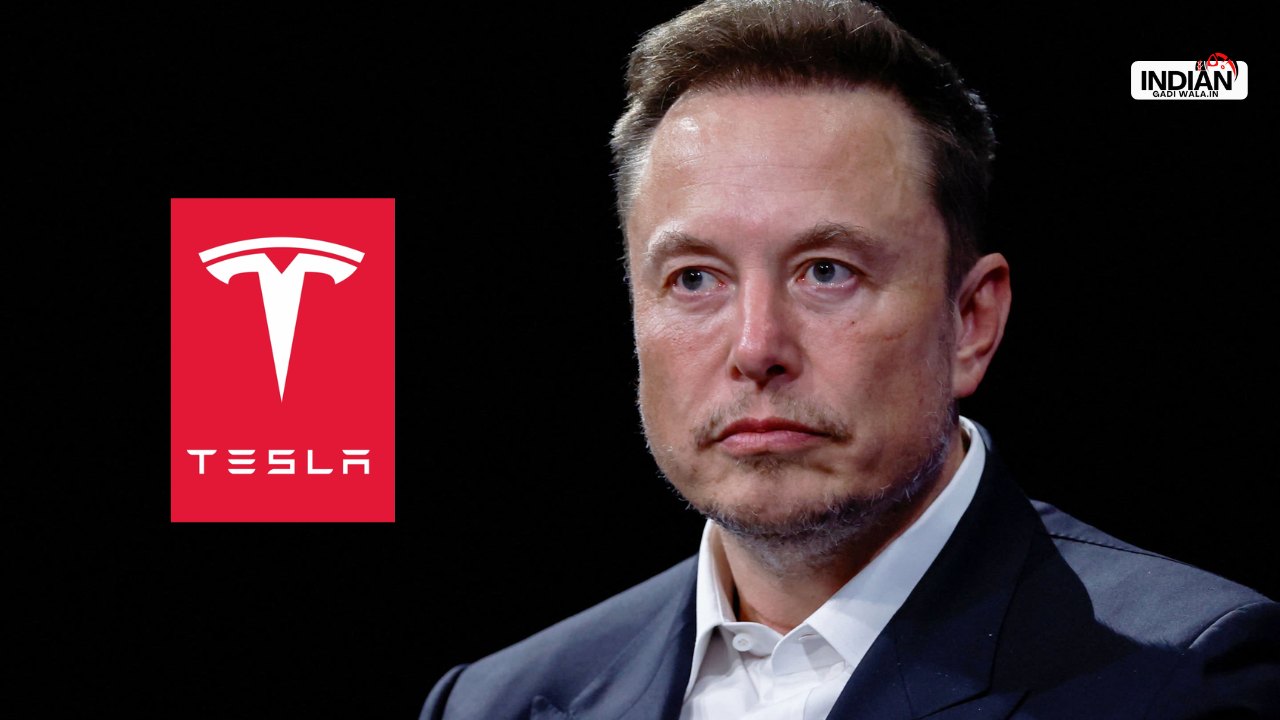Elon Musk Package Approved: Tesla’s $1 Trillion Bet on the Future
Introduction When Elon Musk Package Approved hits your search engine results, you know you’re dealing with something extraordinary. Tesla‘s board has just put forth a compensation scheme potentially worth $1 trillion, raising the stakes in CEO pay and corporate governance. This blog explores every angle—history, ambitions, pros and cons, FAQs—so readers get the full picture about why Elon Musk Package Approved dominates headlines worldwide. Background Context 1. From 2018’s $56 Billion Package to Legal Turmoil In 2018, Tesla’s board approved a staggering $56 billion compensation package for Musk tied to performance; a court later ruled it invalid due to conflicts of interest (Wikipedia). Tesla reincorporated in Texas and reinstated a revised interim package worth ~$29 billion in restricted stock to retain Musk through 2030 (MarketWatch, Al Jazeera, The Times of India). That battle set the stage for today’s Elon Musk Package Approved headlines. 2. Enter the “Elon Musk Package Approved” Moment On September 5, 2025, Tesla’s board proposed an unprecedented $1 trillion compensation plan—potentially the largest in corporate history. The Elon Musk Package Approved proposal remains contingent on achieving audacious targets: reaching a market valuation of $8.5–8.6 trillion, deploying 1 million robotaxis, delivering 1 million humanoid robots, and selling 20 million vehicles, among other benchmarks (Reuters, The Guardian, The Times of India, New York Post, The Daily Beast, ABC News, Investopedia). 3. Why “Elon Musk Package Approved” Matters The Elon Musk Package Approved plan signals Tesla’s massive shift from an EV leader to a robotics and AI powerhouse. It underscores the board’s commitment—or perhaps desperation—to keep Musk at the helm amid growing distractions and competitive pressure (The Daily Beast, New York Post, Reuters, Al Jazeera). For Tesla’s investors and employees alike, the words Elon Musk Package Approved could shape the company’s future for decades. Table: Key Highlights of the “Elon Musk Package Approved” Proposal Milestone / Condition Details Target Market Capitalization $8.5–8.6 trillion (8× current value) (The Guardian, Reuters) Robotaxi Production Goal 1 million robotaxis in commercial service (The Guardian, NY Post, ABC) Humanoid Robot Delivery Goal 1 million AI bots (Optimus humanoids) (The Guardian, NY Post, ABC) Vehicle Delivery Milestone 20 million vehicles (NY Post, ABC News) Vesting Period 7.5–10 years retention required (NY Post, WSJ, ABC News) Compensation Structure Up to ~12% of Tesla stock, no salary or cash bonus (Reuters, Guardian) Pros & Cons of the “Elon Musk Package Approved” Proposal Pros Cons Suggested Authoritative Sources Summary & Conclusion The phrase Elon Musk Package Approved is more than just a sensational headline—it represents a monumental gamble on ambition, innovation, and risk. Tesla’s board is betting everything on Musk’s ability to deliver a robotics-driven future, with incentives aligned only to massive success. Whether this becomes a legendary business triumph or a governance cautionary tale, one truth is clear: Elon Musk Package Approved has redefined what CEO compensation can look like in the modern corporate era. FAQs: “Elon Musk Package Approved”
